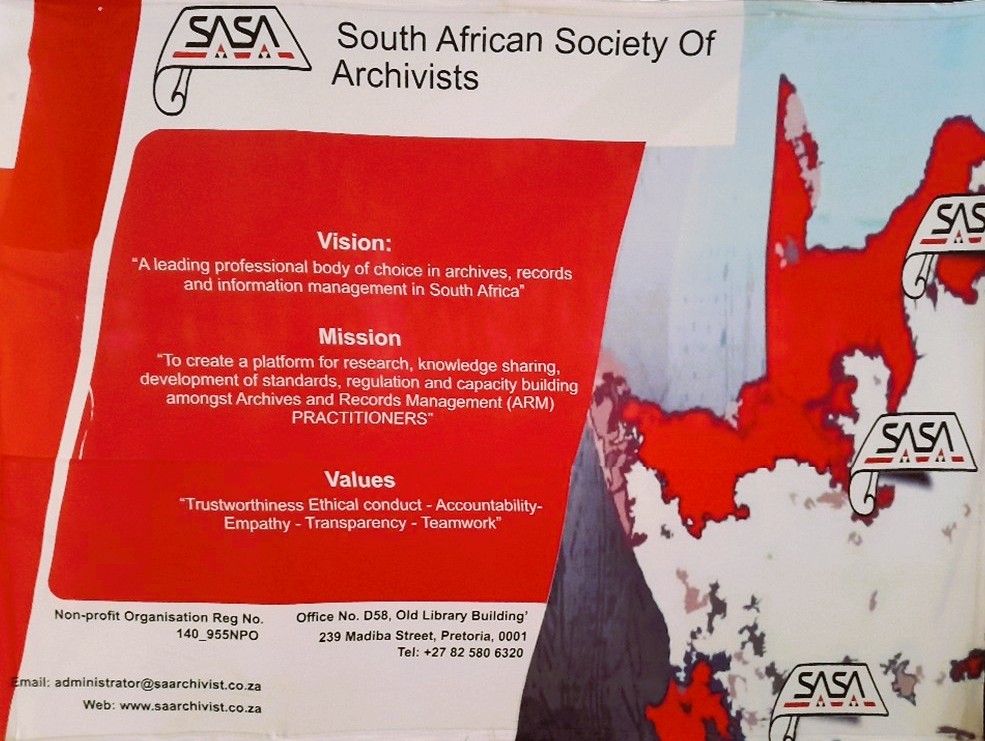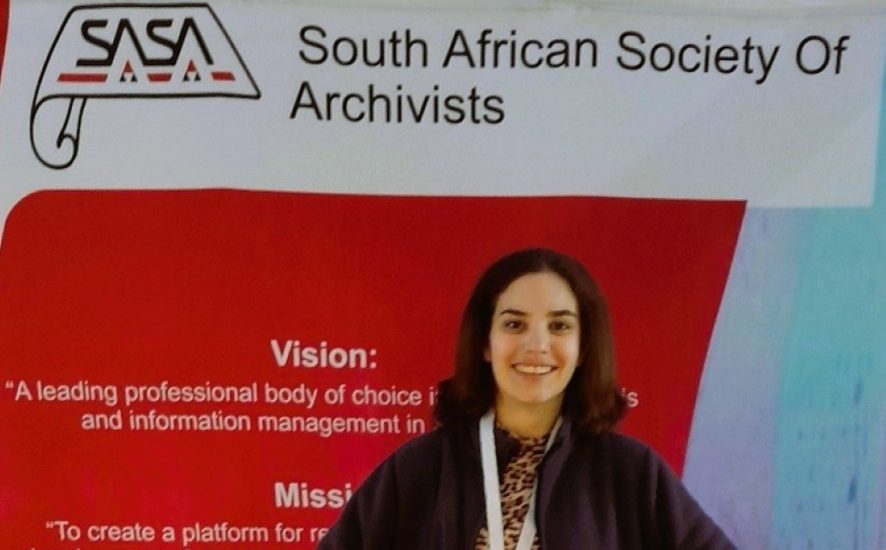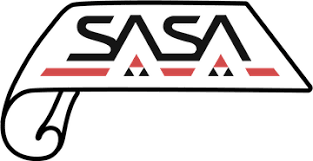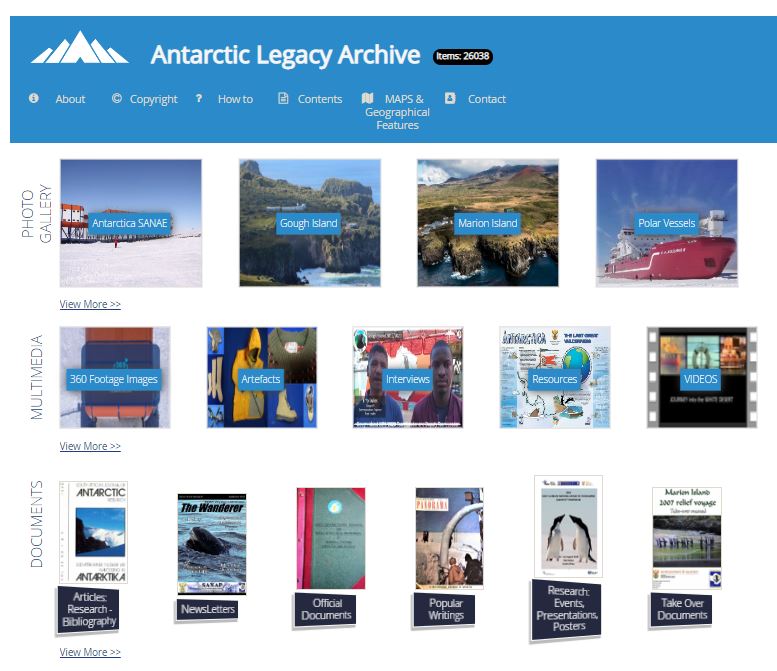What does the future of archives look like in the age of artificial intelligence (AI)?
At this year’s South African Society of Archivists (SASA) Annual Conference in Cape Town, that question took centre stage. As archivists, we’re not just preserving the past, we’re rethinking how we capture, describe, and share it in a rapidly evolving digital world. As part of the Antarctic Legacy of South Africa (ALSA) team, I had the opportunity to attend the conference, themed “Collaborative Archives and Records Management in the Era of Artificial Intelligence.” My goal was to explore how collaboration and innovation, which are central to ALSA’s mission of preserving and sharing South Africa’s Antarctic heritage, are shaping archival practice. I was also eager to learn how emerging technologies in records management might support ALSA’s ongoing digitisation efforts and improve access to our collections.
The conference offered a rich programme of presentations. Some of the highlights included: AI in Archiving: Speakers explored a range of AI tools that are beginning to support and transform archival processes. A key focus was Intelligent Document Processing (IDP), which brings together technologies such as optical character recognition (OCR), natural language processing (NLP), machine learning, and automated data extraction. Together, these tools enable the conversion of scanned documents into searchable, structured, and meaningful digital content. The potential of data extraction was also highlighted, particularly in how it can assist information professionals in quickly identifying and pulling out specific details from large volumes of text. Another promising development discussed was AI-driven metadata generation, where the system can automatically assign descriptive tags or categories to documents. For ALSA, these technologies hold exciting potential. They could help turn static scanned documents into living, discoverable digital assets, significantly enhancing access, searchability, and metadata quality across the collection.
AI in Archiving: Speakers explored a range of AI tools that are beginning to support and transform archival processes. A key focus was Intelligent Document Processing (IDP), which brings together technologies such as optical character recognition (OCR), natural language processing (NLP), machine learning, and automated data extraction. Together, these tools enable the conversion of scanned documents into searchable, structured, and meaningful digital content. The potential of data extraction was also highlighted, particularly in how it can assist information professionals in quickly identifying and pulling out specific details from large volumes of text. Another promising development discussed was AI-driven metadata generation, where the system can automatically assign descriptive tags or categories to documents. For ALSA, these technologies hold exciting potential. They could help turn static scanned documents into living, discoverable digital assets, significantly enhancing access, searchability, and metadata quality across the collection.
Critical Thinking on AI: While the conference showcased the benefits of AI, it also emphasised the importance of using it responsibly. Speakers raised ethical concerns, particularly around bias in AI algorithms trained on Western-centric data, which can marginalise local or indigenous perspectives. Respecting privacy and ensuring compliance with South Africa’s Protection of Personal Information Act (POPIA) was also highlighted. A key takeaway was that AI is only as good as the data it is fed, reinforcing the need for careful, informed oversight by professionals.
Other notable topics: Beyond AI, the conference covered a wide range of relevant and thought-provoking themes:
- Enhancing professional growth through SASA’s mentorship programme (Elite Edge Development Initiative)
- Importance of community involvement in archives
- The problem of perpetual copyright in South African archives
- Cyber threats and security measures in Africa
- The value of benchmarking and standard-setting for archival best practices
The SASA conference was both professionally enriching and personally inspiring. I left with fresh ideas on how ALSA might begin exploring AI tools for digitisation and document processing (starting small, but with long-term goals of improving efficiency, enhancing preservation, and expanding access. It also highlighted the importance of strengthening connections with fellow South African archivists and institutions. Meaningful collaboration will be key as we confront common challenges in technology. More than just a deep dive into AI, the conference served as a powerful reminder of our collective role as archivists: to safeguard memory, evolve with the times, and think critically about the tools we use. ALSA’s work tells a unique story of South Africa’s presence in Antarctica and being part of conferences like this ensures that our Antarctic legacy remains connected to the vibrant and evolving archival landscape, both locally and globally.



